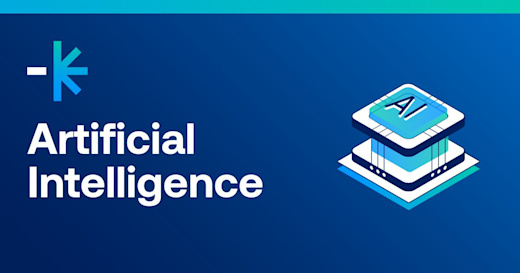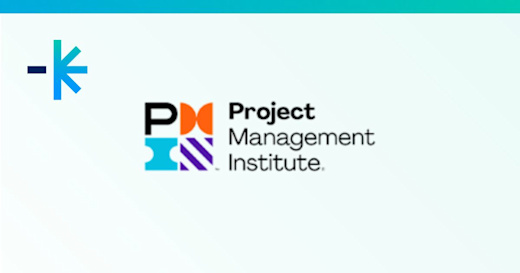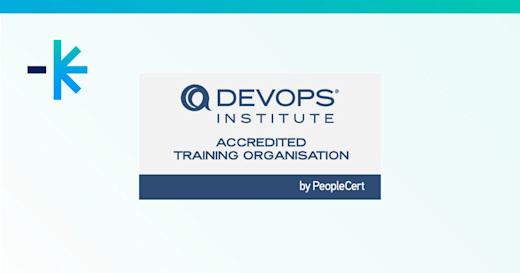How do you track and report on your organisation's sustainability journey? A course like Microsoft IC-002T00 can give you insights. In this fireside chat, Lumify Group Head of Vendor Partnerships Gary Duffield and Instructor Ankul Bhardwaj clarify questions on Microsoft Cloud for Sustainability.
Download our eBook on Data Analytics & AI to learn more about where we're headed and what courses to equip you for it. Speak to a consultant at 1800 853 276. You can also reach out to your Lumify account manager or email nz.training@lumifywork.com.
Read the transcript of the Lumify Work Fireside Chat on Microsoft IC-002T00 below
Gary Duffield: Hey, guess what? We've got another new course for you to have a think about. And this is a little bit left-of-field. So, I thought it'd be really good just to get an expert to come and have a conversation with you about it. My good friend, would you like to introduce yourself?
Ankul Bhardwaj: Sure, good day everyone! I'm Ankul, I'm one of the Lumify Contract trainers. So from a background perspective, I've worked in the industry for 20+ years, worked at both Microsoft and Amazon and I've developed a few different training programs throughout the journey. So, looking forward to helping you folks out with this new course.
Gary: And this course is a little bit left of field, isn't it? It's not your normal run-of-the-mill view of how to fly on Azure or how to fly a team's instance.
It has a very exciting and sexy name, standby, of IC-002T00 - Microsoft Cloud for Sustainability. So, sustainability is a thing right now in the rest of our business. There's a new version of PRINCE2 coming, PRINCE2 Seventh Edition. And one of the big changes there is a whole piece now around sustainability. Yeah because clearly, it's focusing on the top of organisation's agenda.
So, why this new course? Why is Microsoft doing this? What's the back story?
Ankul: Let's actually follow your theme there, Gary. So, having worked with several tier-one customers across different industry verticals, I would fully echo what you mentioned. Sustainability has now gone past just a buzzword today, it represents a strategic initiative that every forward-looking organisation is taking on board.
Investors proactively ask the CEOs and the board members, saying "What are your sustainability targets? How are you achieving them?
Why? Because it has a direct social, economic and environmental impact.
So, this course that we have on board is something that has come out of a Microsoft workshop that I created a few years ago on how Microsoft is contributing to organisational sustainability goals.
So there are a few key aspects that it touches on. The firstone is more around, you know, understanding your sustainability metrics, tracking them, how you can reduce those carbon emissions, setting up sustainability dashboards and then, overall how you can report them easily so that your organisation is not only able to meet those schools but they are able to report those goals to the board and to the general public as well.
So, in a sense it equips participants and organisations, from a knowledge perspective, on how they can use the various Microsoft products and solutions to become more sustainable, leveraging something called the Microsoft sustainability model manager.
Gary: I should say as well as how they can unify the data provide insights, report that data and become a healthy environmentally impactful organisation.
So, it's becoming more and more important to organisations who are clearly having to put this in their board reports clearly having to go to market with this I guess the question would be is, you know, "Okay, I'm sold. I'll come on this course. I'm going to sign up for Microsoft Cloud for Sustainability. What is what am I going to be able to do at the end of this course that I can't do now? What am I going to understand?
On the flip side of that is,"What's my organisation going to be able to do?"
So what's in it for me and what's in it for my organisation?
Ankul: Sure, so what this course does for an individual as well as for an organisation, is it teaches you on how to leverage Microsoft's cloud-based tools and solutions to optimise track and improve on your environmental footprint, which further helps the organisation to meet those sustainability targets.
If I pick up on the technical aspect for a minute, what you typically would learn is a tool called Microsoft Sustainability Manager, how to integrate data from different sources, how to track your carbon footprint, how to set up goals, scorecard & analytics and then how you can drive initiatives out of those insights that you've gathered.
So for example, I'm running a big Azure environment, these are the 50 different VMS that I can sort of change and become more environmentally friendly, which is one of the key aspects that a participant would learn.
From an organisational perspective, what they'd be able to do is they'll be able to better understand how Microsoft is contributing on that sustainability aspect. And then, what are the tools and great insights that are available to drive those impactful initiatives?
And holistically, from an outcome perspective, they would be able to accelerate on their sustainability journey, be more environmentally friendly, contribute towards Global Climate exchange and sustainability overall.
Gary: You can mark it and you can measure it. I'm loving the idea of that. So okay I'm, again, I'm sold on the idea. What do I need to come on this course? Do I need to be an eco-warrior? Do I need to be a developer? Am I supposed to know code-y brackets and semicolons? What's the level of expertise, knowledge and experience required from a student to come on this course?
Ankul: Firstly, you need to have a mindset of learning something new. The most important thing. So you can come either from a background of a technical person or from a sustainability technologist. You just need to have a very basic understanding of what is cloud and how it works and I'll take you on the journey from there on. Not a lot of prerequisites in short.
Gary: Excellent, brilliant! All you've got to do is take your money and take your course. Sounds ideal.
Ankul: So, what I would comment is, I would help all of you to become data driven professionals on how you can achieve your sustainability outcomes from attending this course.
Gary: Perhaps we need to look at this internally as well. We've only got a short window to chat but I think we've covered all the bases: what's the course, what's covered.
Thank you for your insights. We look forward to seeing you in one of our classrooms, helping us and the rest of the world reduce our carbon footprint. Thank you, my friend
Ankul: Thank you!






